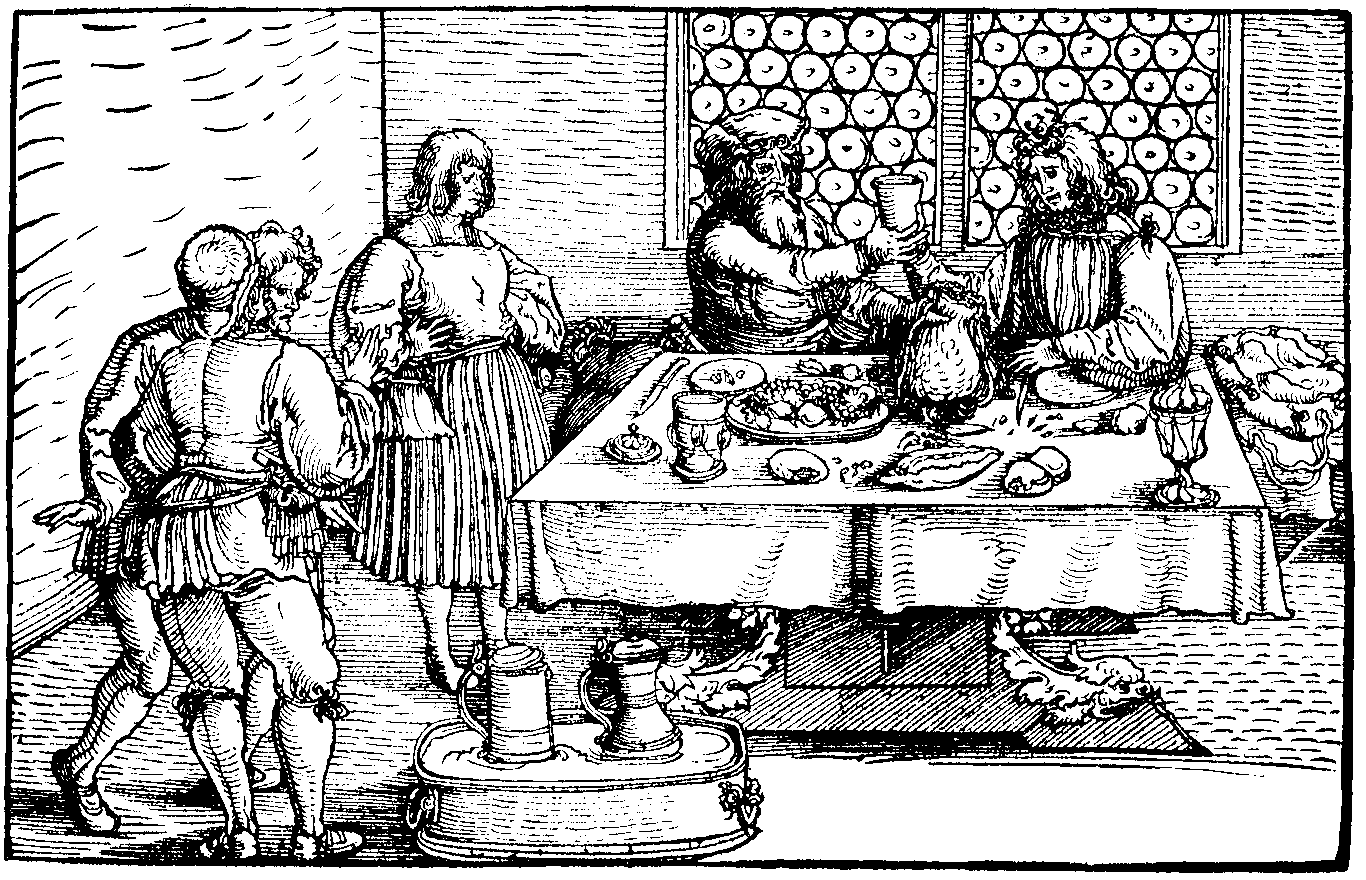fertile

- adjective
2 someone who is fertile is able to produce babies --opposite INFERTILE
3 fertile imagination often humorous someone who has a fertile imagination is good at thinking of original and unusual ideas
fertility noun [U]

I write this blog for noting my english study.



















